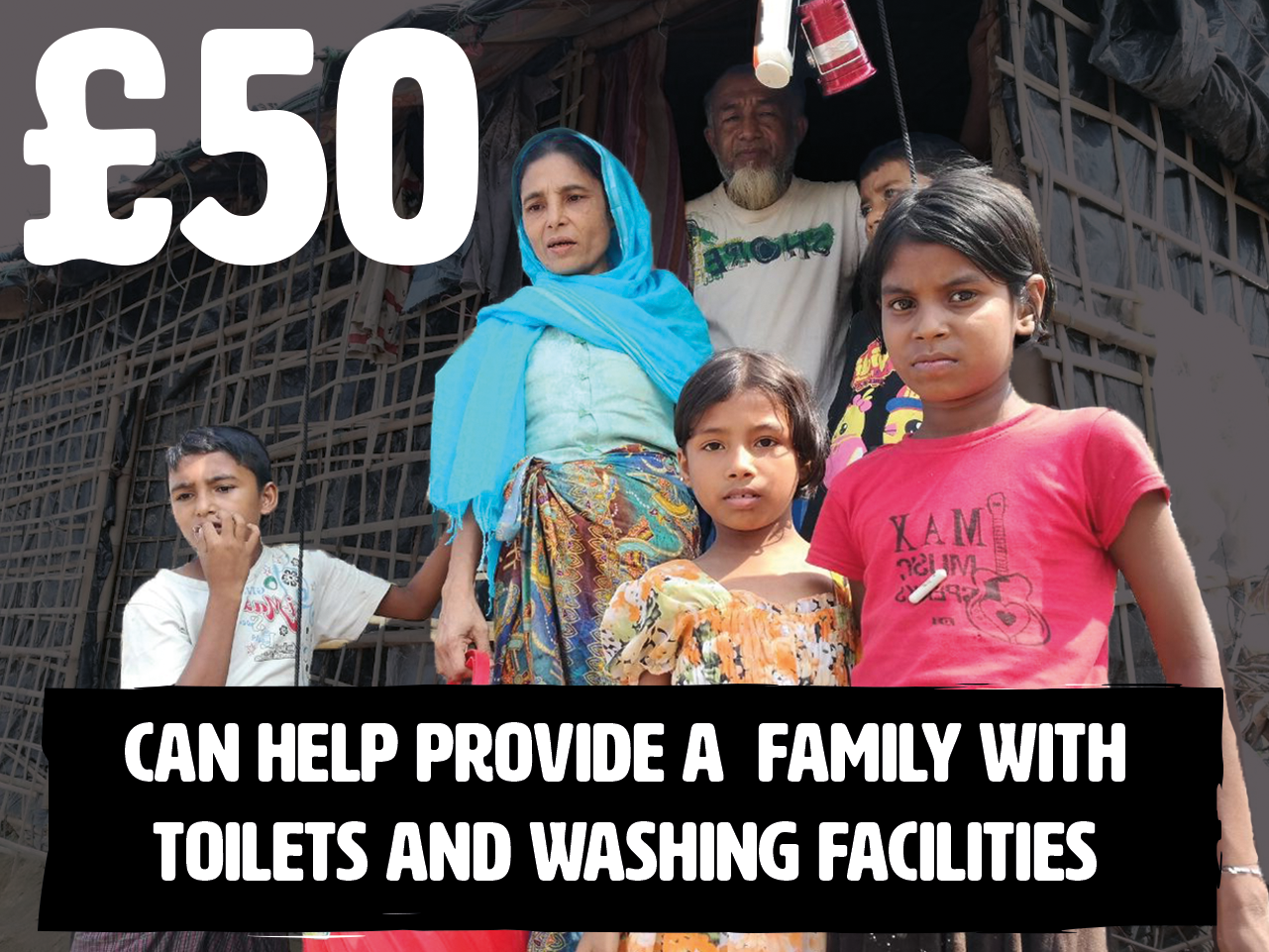Brutal military attacks against the Rohingya - a stateless Muslim minority - have intensified in Myanmar since August, and hundreds of thousands of refugees have fled across the border to sprawling refugee camps in Bangladesh.
Meet 25-year-old Ayesha Begum (pictured above) – one of the ~800,000 Rohingya refugees in Bangladesh.
Ayesha fled the brutal violence in Myanmar’s Rakhine State back in September. Together with her husband and five children, she embarked on the long, dangerous walk over hills and through forests to the refugee camp in Cox’s Bazar, Bangladesh.
Ayesha and her family have been living in a temporary shelter (constructed from bamboo and tarpaulin) in the refugee camp for over four months. Ayesha seldom leaves the shelter – but she says that if there was a ‘safe space’ nearby, where she could meet other women and do activities, she would go.
“We are here because the military people in Myanmar burnt our house down,” Ayesha says. “We left everything – our rice fields and everything. We had land [in Myanmar]. We were only able to bring our children with us, and nothing else.”
Ayesha has lost extended family members in Myanmar, and she admits that she is very afraid. But the family will not go back unless the Myanmar government grants the Rohingya people ethnic recognition and the situation in Rakhine State stabilises.
“I am worried about my children’s diet and nutrition,” Ayesha says. “We don’t have any cash so we can’t purchase nutritious food. The children have seasonal illnesses, like coughing and high temperatures, and they get cold at night.”
TAKE ACTION
United Purpose is on the ground in Bangladesh's Rohingya refugee camps, providing clothing, toilets and washing facilities, and safe spaces for women and children. But as the crisis intensifies, we urgently need your help.
Please stand in solidarity with the Rohingya refugees and donate to our appeal today. Your support will help us save lives and transform the future for families like Ayesha's.




